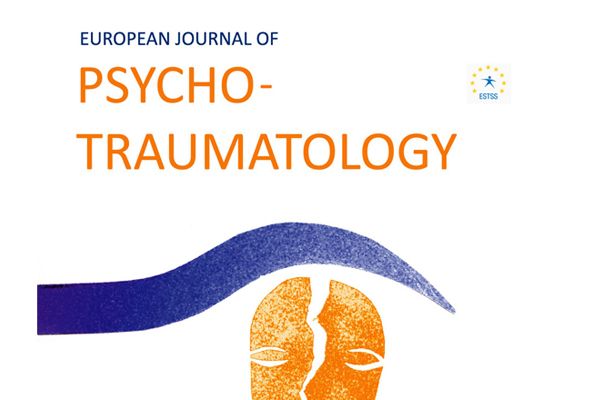14 februari 2020
European Journal of Psychotraumatology
https://doi.org/10.1080/20008198.2019.1654065
Patricia Dashorst, Trudy M. Mooren, Rolf J. Kleber, Peter J. de Jong & Rafaele J. C. Huntjens
Abstract:
Exposure to war and violence has major consequences for society at large, detrimental impact on people’s individual lives, and may also have intergenerational consequences. To gain more insight in these intergenerational consequences, research addressing the impact of the Holocaust on offspring is an important source of information. The aim of the current study was to systematically review the mechanisms of intergenerational consequences by summarizing characteristics in Holocaust survivors and their offspring suggested to impact the offspring’s mental health. We focused on: 1) parental mental health problems, 2) (perceived) parenting and attachment quality, 3) family structure, especially parental Holocaust history, 4) additional stress and life events, and 5) psychophysiological processes of transmission. We identified 23 eligible studies published between 2000 and 2018. Only Holocaust survivor studies met the inclusion criteria. Various parent and child characteristics and their interaction were found to contribute to the development of psychological symptoms and biological and epigenetic variations. Parental mental health problems, perceived parenting, attachment quality, and parental gender appeared to be influential for the mental well-being of their offspring. In addition, having two survivor parents resulted in higher mental health problems compared to having one survivor parent. Also, there was evidence suggesting that Holocaust survivor offspring show a heightened vulnerability for stress, although this was only evident in the face of actual danger. Finally, the results also indicate intergenerational effects on offspring cortisol levels. Clinical and treatment implications are discussed.
Keywords: Holocaust; intergenerational; trauma; offspring
Received 22 Dec 2018, Accepted 28 Jul 2019, Published online: 30 Aug 2019

Het European Journal of Psychotraumatology (EJPT) is een peer-reviewed, interdisciplinair wetenschappelijk tijdschrift dat deel uitmaakt van de European Society for Traumatic Stress Studies (ESTSS).
Het EJPT heeft als doel om wetenschappers, behandelaren en experts te betrekken bij de belangrijkste vraagstukken rond stress en trauma, waaronder individuele gebeurtenissen, herhaalde of chronische trauma's, grootschalige rampen en geweld.

